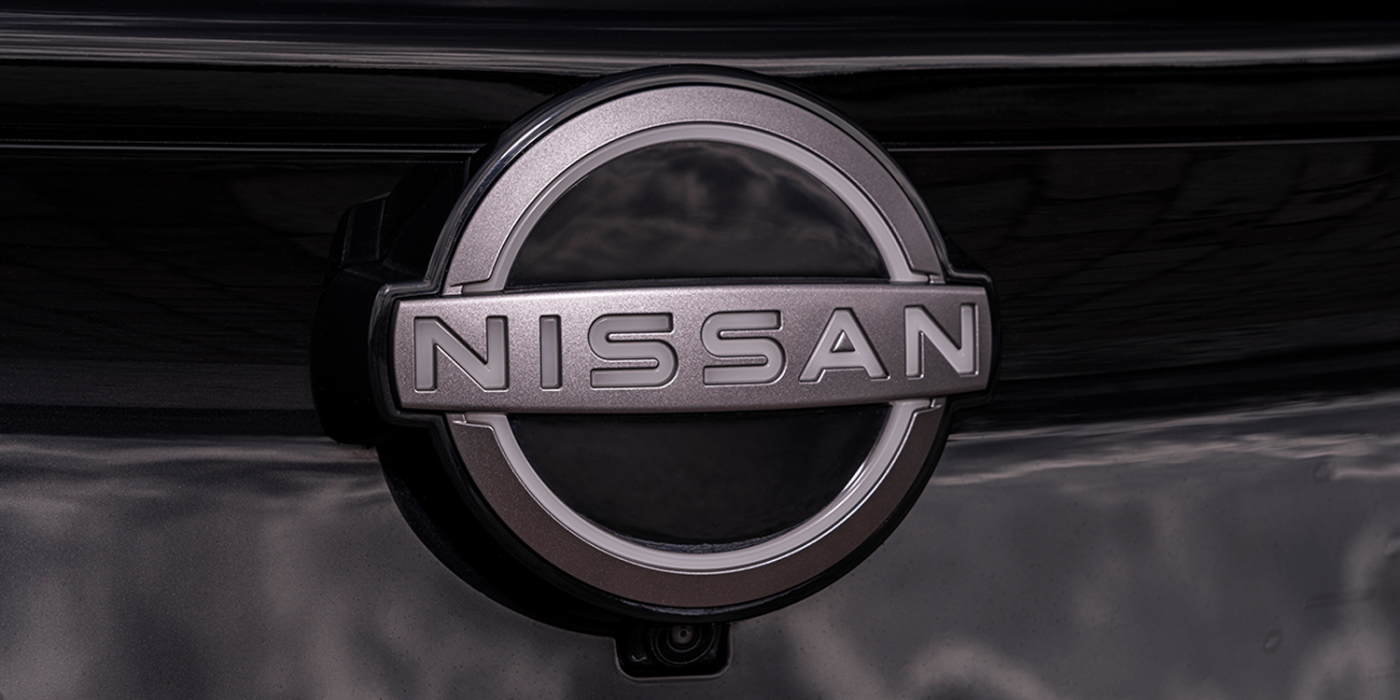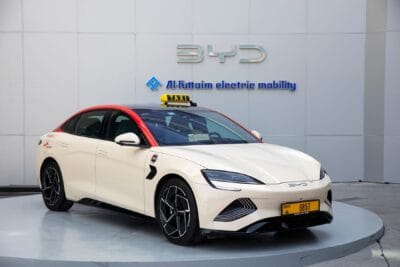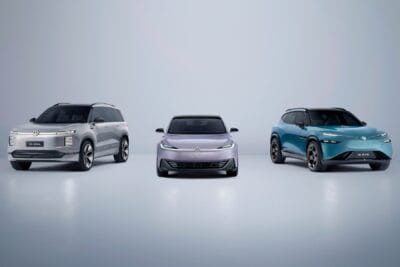Hitachi Astemo to supply Nissan with electric motors
Hitachi Astemo has been selected to supply electric motors and inverters for Nissan’s future electric and hybrid vehicles. The automotive supplier will supply the components to Jatco, a systems integrator majority-owned by Nissan.
Automotive Supplier also intends to expand sales of its in-house developed e-axle to various carmakers worldwide and supply motors and inverters for e-axles to various carmakers and transmission manufacturers.
Hitachi will supply electric motors and investors to the system integrator Jatco, 75 per cent of which belongs to Nissan with 15 per cent belonging to Mitsubishi and 10 per cent to Suzuki. Jatco will then install the supplied parts in e-axles for future Nissan models but has not named the specific models concerned. Here, Hitachi Astemo points out its strengths as a systems integrator which it says includes optimisation control software for motors and gears. Jatco focuses on the development and mass production of transmissions to produce what Hitachi says are quiet and compact gearboxes.
Hitachi Astemo only announced in September that it would manufacture electric axles for Honda’s medium and large battery-electric vehicles from 2026. According to the supplier, the electric axle system combines a silicon carbide inverter, a low-loss and efficient motor and a compact gearbox.
Hitachi Astemo was formed in 2021 from the merger of Hitachi Automotive Systems with Honda’s Keihin, Showa and Nissin Kogyo groups and says it is responding to the rapidly growing demand for e-axles by expanding sales of its in-house developed electric axles to various carmakers worldwide. The company will also supply motors and inverters for e-axles assembled by car and transmission manufacturers.
Including research and development, Hitachi Astemo plans to invest 2.1 billion euros specifically in electrification by the 2025 fiscal year. The investments are expected to pay off soon thereafter: For the 2025 financial year, sales of electric components are expected to reach 400 billion yen (2.8 billion euros) and are expected to more than double again by 2030.





0 Comments